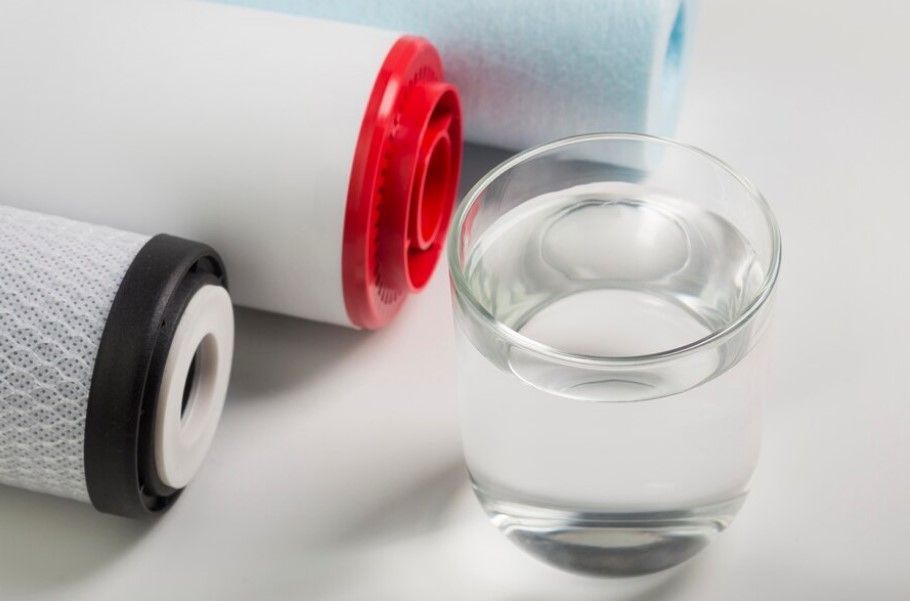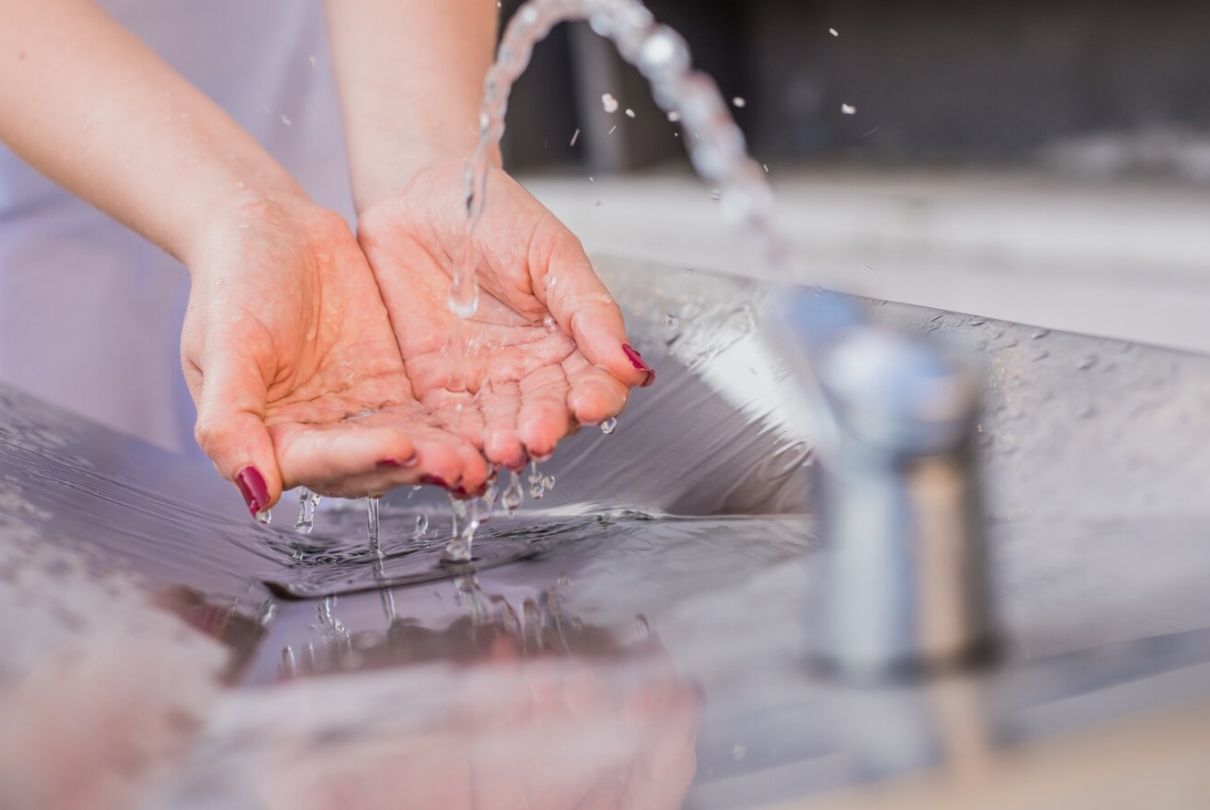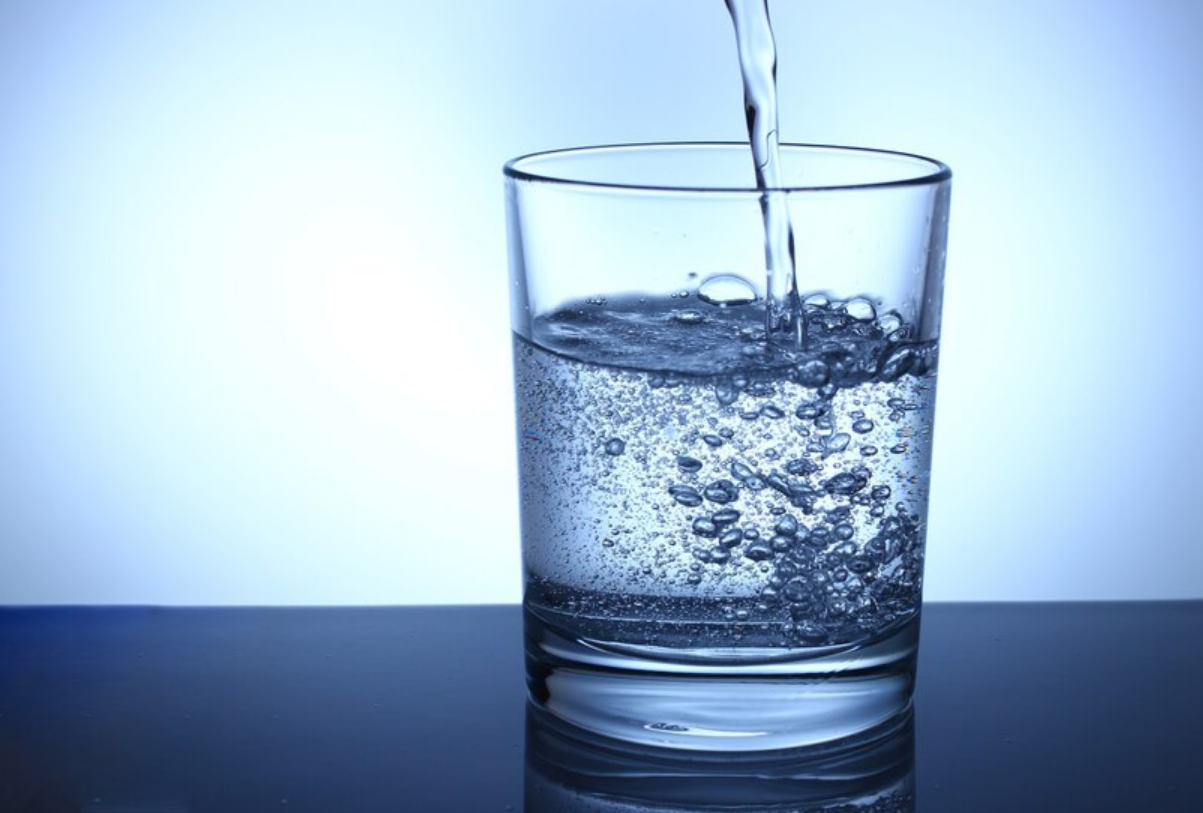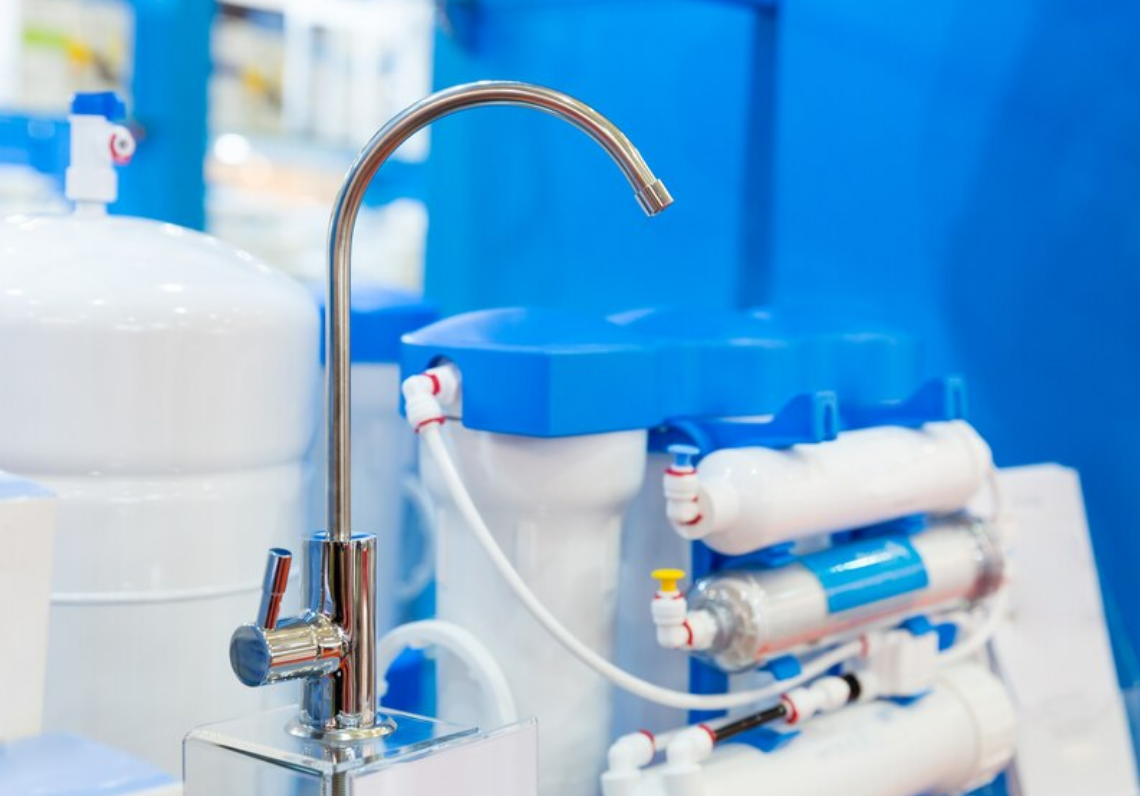What’s the Role of Ion Exchange in a Hard Water Filtration System?
What’s the Role of Ion Exchange in a Hard Water Filtration System?

Ion exchange is the critical process that enables hard water filtration systems to soften water. It is a chemical reaction occurring within the resin tank inside these filters, which contains small plastic beads. These overlooked beads, typically made of polystyrene sulfonate, have an incredibly porous structure.
Understanding Ion Exchange
As hard water flows through the resin tank, the plastic beads trade soft minerals for the hard minerals dissolved in the water. This swapping of minerals efficiently extracts hardness from the water, transforming the output of the hard water filtration system into softened water ready for use around the home. Therefore, while ion exchange happens silently inside the device, it powers the vital softening capacity that makes hard water filters so valuable.
How Ion Exchange Works
Ion Capture: As hard water enters the resin tank, it flows over the plastic beads inside. These beads have a negative electrical charge, which attracts the positive calcium and magnesium ions in the water that cause hardness.
Ion Replacement: The positive hard mineral ions in the hard water swap places with sodium ions that are attached to the plastic beads. Sodium ions are less strongly charged and dissolve more easily in water, which effectively softens the water by removing the calcium and magnesium.
Regeneration: Over time, the beads become loaded with calcium and magnesium, making them less effective at softening the water. To refresh the beads' ion exchange capacity, the hard water filtration system runs a regeneration cycle. This flushes a concentrated sodium chloride solution through the tank, displacing the built-up hard minerals and recharging the beads with sodium ions.
Benefits of Ion Exchange in Hard Water Filtration Systems
Effective Hardness Reduction: Ion exchange is very good at eliminating the calcium and magnesium ions that cause water hardness, significantly improving water quality.
Consistent Performance: Hard water filtration systems using ion exchange technology produce steady results over time, guaranteeing a dependable supply of softened water for household needs.
Low Maintenance: Once installed, hard water systems with ion exchange functions need little ongoing maintenance. The periodic regeneration cycles that renew the resin beads are typically automated and require minimal user input.
Extended Appliance Lifespan: By preventing lime-scale buildup in appliances like water heaters, dishwashers, and washing machines, ion exchange filters help lengthen their usable lifespan and decrease the need for repairs.
Conclusion
Ion exchange is vital to how hard water filtration systems function - it's the chemical process that removes the calcium and magnesium ions that cause water hardness. These systems use plastic beads and an ion swap to strip away hard minerals, transforming your flow of water into softened water for home use. Harnessing chemistry in this way allows hard water filters to tackle the problems created by hardness, from damaged appliances to overall household hassles.
Ultimately, investing in a system with ion exchange means you can enjoy the perks of softened water while avoiding lime-scale buildup and other issues. With this kind of filtration in place, your home's water quality and appliance lifespan will be protected.


















